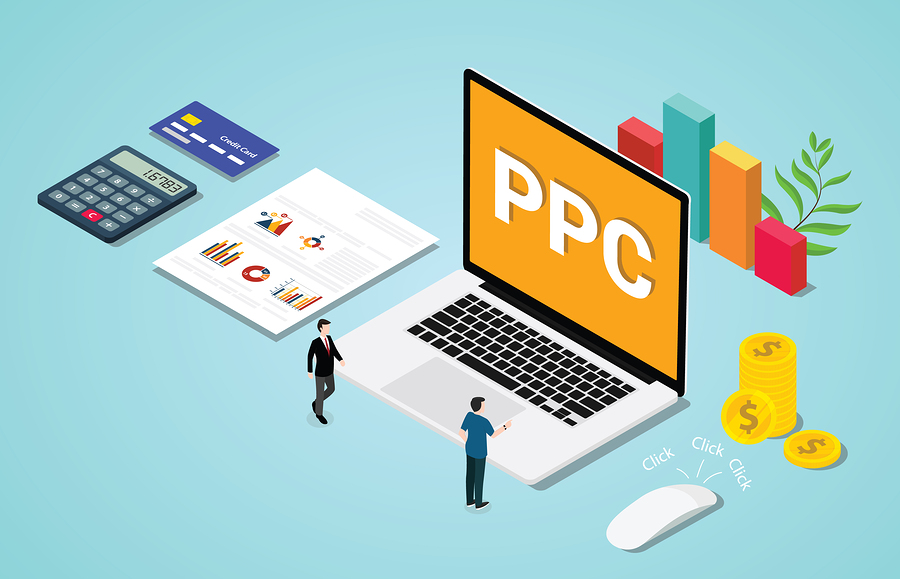Online marketing is a complicated field. Changes happen all the time. Even strategies that are seemingly a sure hit suddenly become irrelevant. It’s even more difficult for healthcare professionals. Reaching out to target audiences involves a lengthy process. The good thing is that there are experts in healthcare digital marketing who can help in this regard. These expert tips can transform how healthcare professionals reach out to target audiences.
Understand the audience
In other businesses, there are no specific target groups. The goal is to reach as many people as possible and hope that some of them decide to become customers of the business. For healthcare professionals, some specific groups and subgroups will most likely patronize the services offered. Anyone outside this group isn’t worth reaching out to.
After identifying the target audience, the next step is to determine what they want. The content of the website should be suitable to their needs, and each PPC campaign should make the company even more enticing to them.
Optimize each landing page
If the company offers different healthcare services, each of them must have a landing page. The goal is to optimize landing pages, so people can find what they want. For instance, if the medical company offers dental services, there should be a separate page for teeth whitening, straightening, bonding, and general services. When people search for specific services, these landing pages will appear. It makes the job easier for them.
Launch responsive ads (a must)
People searching for health-related information will do so using any device they have. For emergency cases, users won’t have time to open their computers and start the search. They will do it using their mobile devices. There’s even an increasing number of people who rely on their mobile devices for everything, including the search for relevant medical information. As such, the website should be responsive when opened on any device. Even if opened on the phone, the ads should be clean and presentable. If they’re not visually pleasing, they will turn off potential clients. Worse, if the page didn’t load at all, it would be a disaster.
Most people are impatient, and they don’t want to wait for a long time to get what they want to see. Others have a maximum waiting time of three seconds. Anything that goes beyond this waiting time is unbearable. They will decide to close the page and look for other options. They don’t deserve to get the blame, either. They’re in a hurry to look for information, and they deserve to receive an immediate response.
Enable location targeting
Targeting local audiences is extremely important for medical professionals. There’s only a small group of people who will probably seek the services. Others who live in far locations will probably search for a medical provider nearby. If there are other options available, the competition will be tough. These companies will also target the same demographic group. Hence, location targeting is necessary. It also helps establish a strong relationship with the community. When optimizing keywords, the phrase must include the city or town where the business is located. In-person care is essential for any medical business. Patients have to visit the location for them to receive the necessary treatment. It’s not like other industries like retail, where items are available at various locations.
Tailor PPC ads to the users’ intent
Users have different reasons for typing a keyword on Google. Some of them do it for informational purposes. They want to receive details about the medical service. Others do it for navigational reasons. They already know that they need the service, and they want to know how to reach the location. Finally, others do a transactional search. Their goal is to avail of the service and make an appointment. Understanding these intents is necessary for coming up with PPC ads. For people who already understand the service, it doesn’t make sense if they receive basic information. For those who are just curious about what’s in store for them, a transactional campaign ad might not work. It will look too profit-oriented for them. Healthcare digital marketing is complex, and it requires a deep understanding of what the target group wants.
Research the campaigns of competitors
Other medical companies in the area also optimize the same keywords. They provide the same services, and they want to appeal to the same group. Understanding their PPC campaign will help. They might have strategies that work and could be useful for the business. Conversely, if the employed strategies didn’t work well, they need to be out of the list. Determining how much the competition is ahead will also help the company make the necessary adjustments.
Use the right terms
These PPC campaigns need a thorough messaging design. Some words are a big no since they could be a violation of Google’s policy. For instance, optimizing the words “drugs” and “prescription” could end up with penalties. The right words also matter to the recipients. Some of them might be quite offensive. They need to feel that the company is there to help without necessarily making them feel helpless. The tone of the ads should be positive and encouraging.
Evaluate the results through regular audits
PPC ad campaigns work in some instances, but they might also fail. The good thing is that the business will only pay if there are actual clicks. If the process isn’t working, and there seems to be no positive outcome, changes must happen. Using the same strategy will most likely lead to similar results.
There are experts in healthcare digital marketing who can analyze the campaigns. They will suggest what else to do to boost the business. Again, medical providers are everywhere, and there aren’t too many people to reach out to. It helps to be tough in this industry and to work hard to reach the top. It could take time, but it would be worth it once the conversion rate keeps soaring.

Leave a Reply